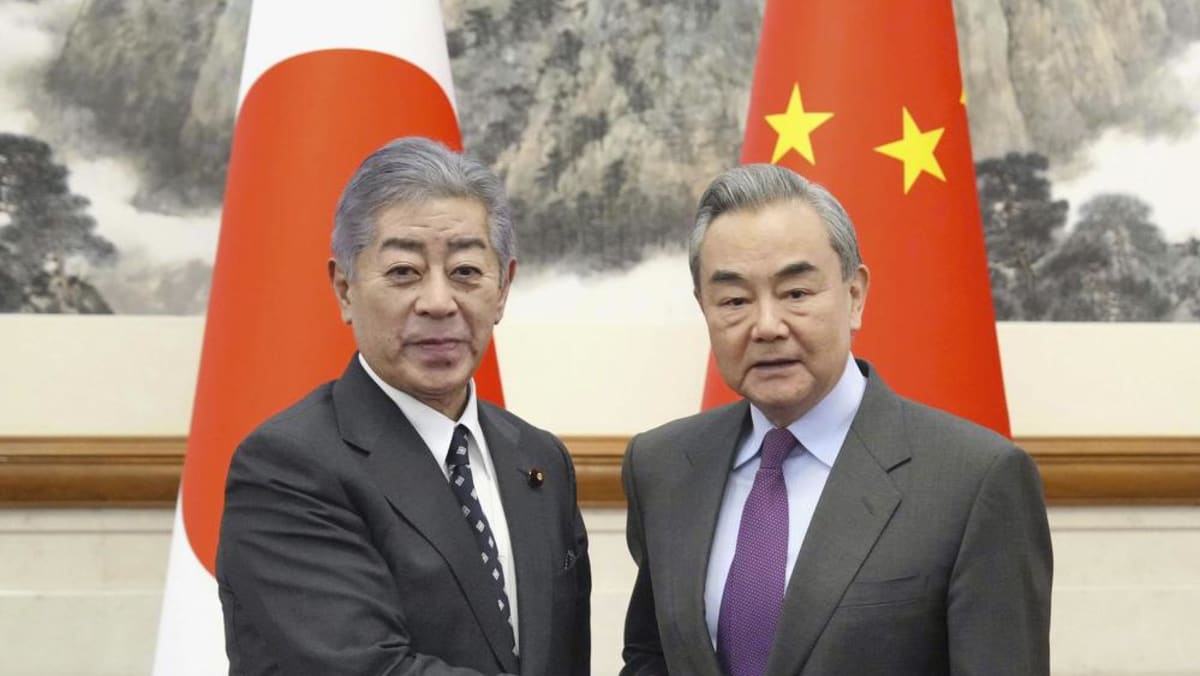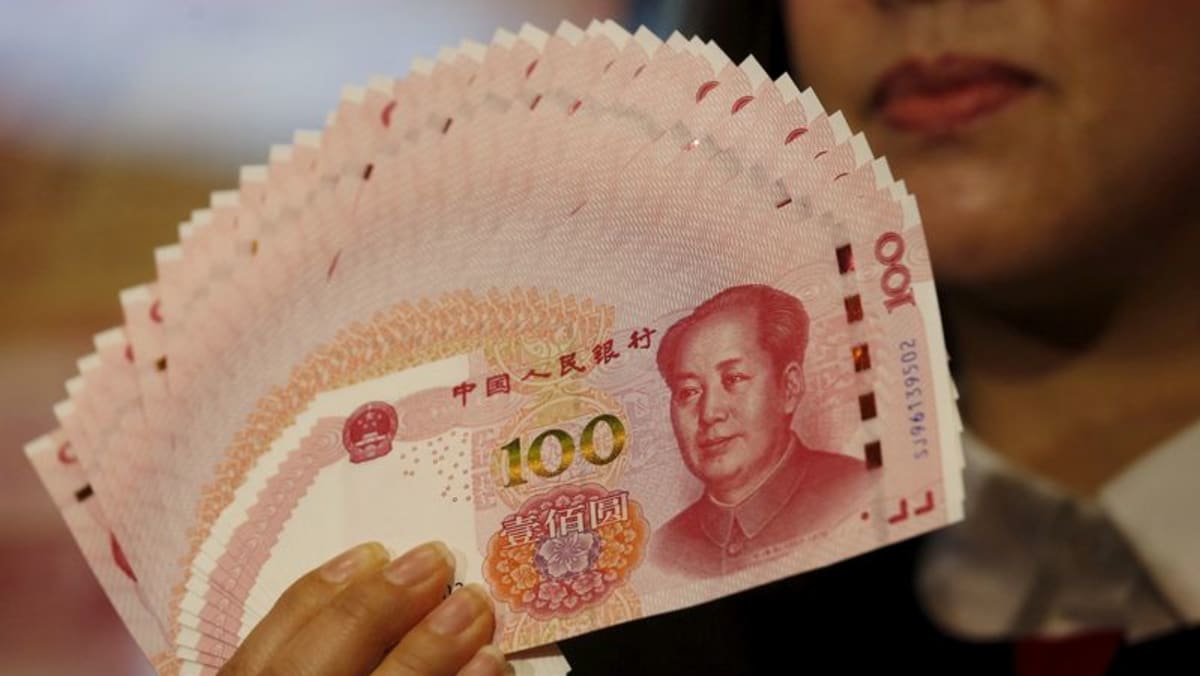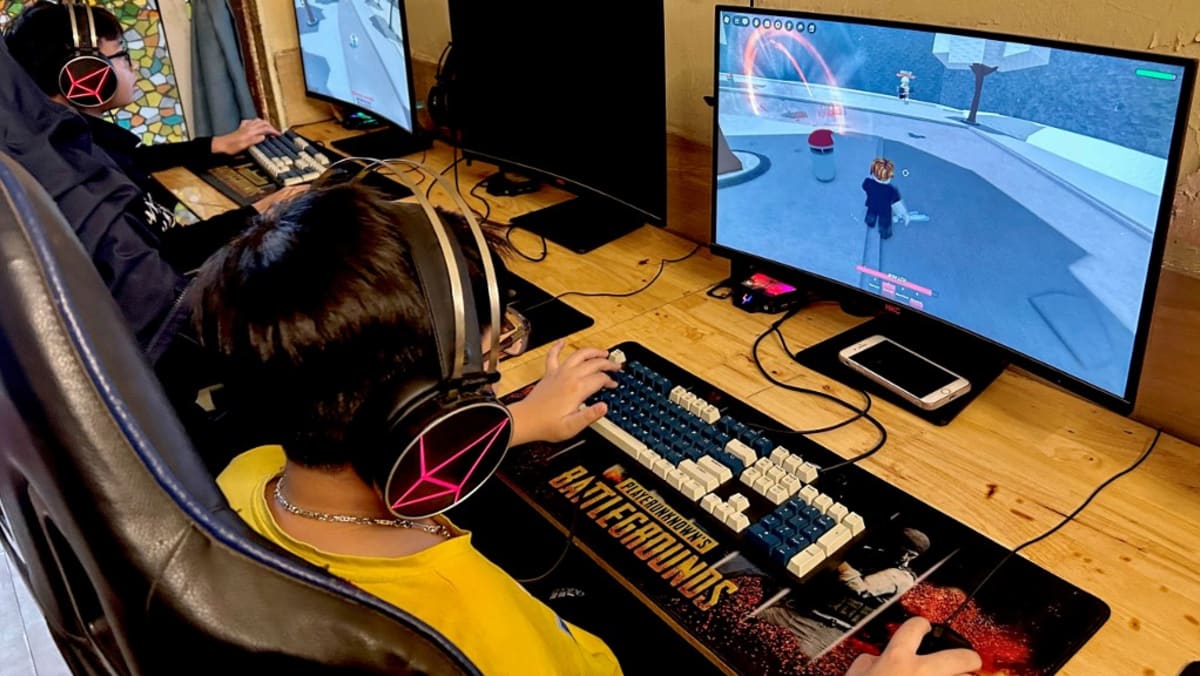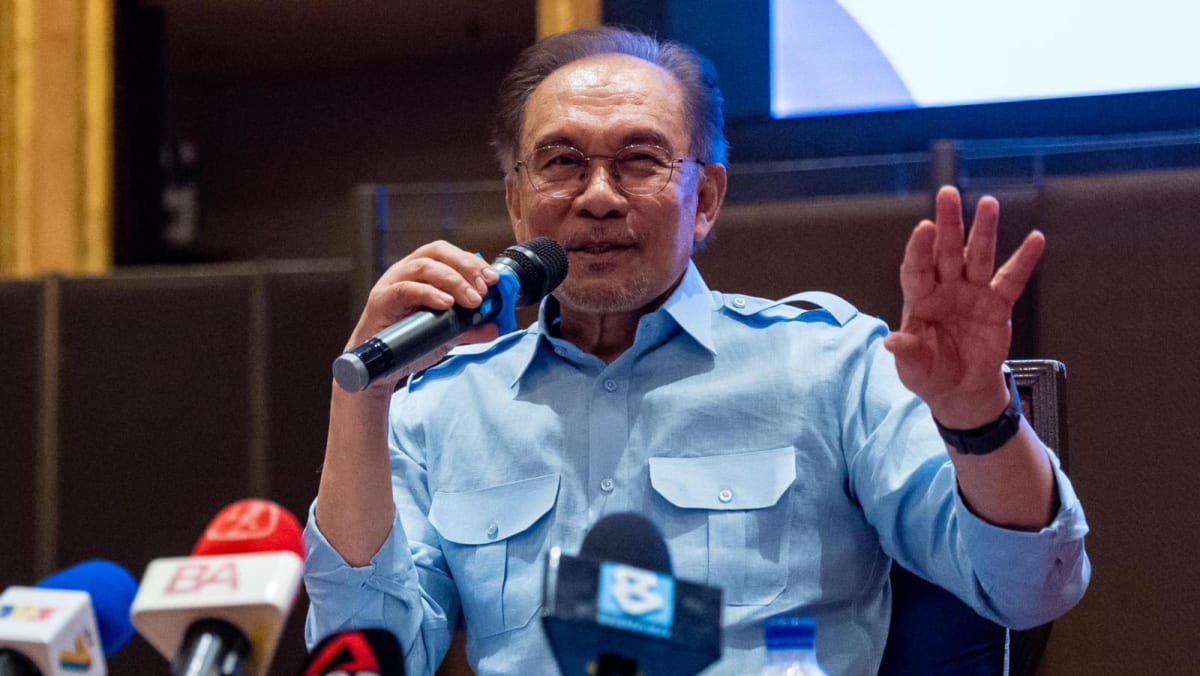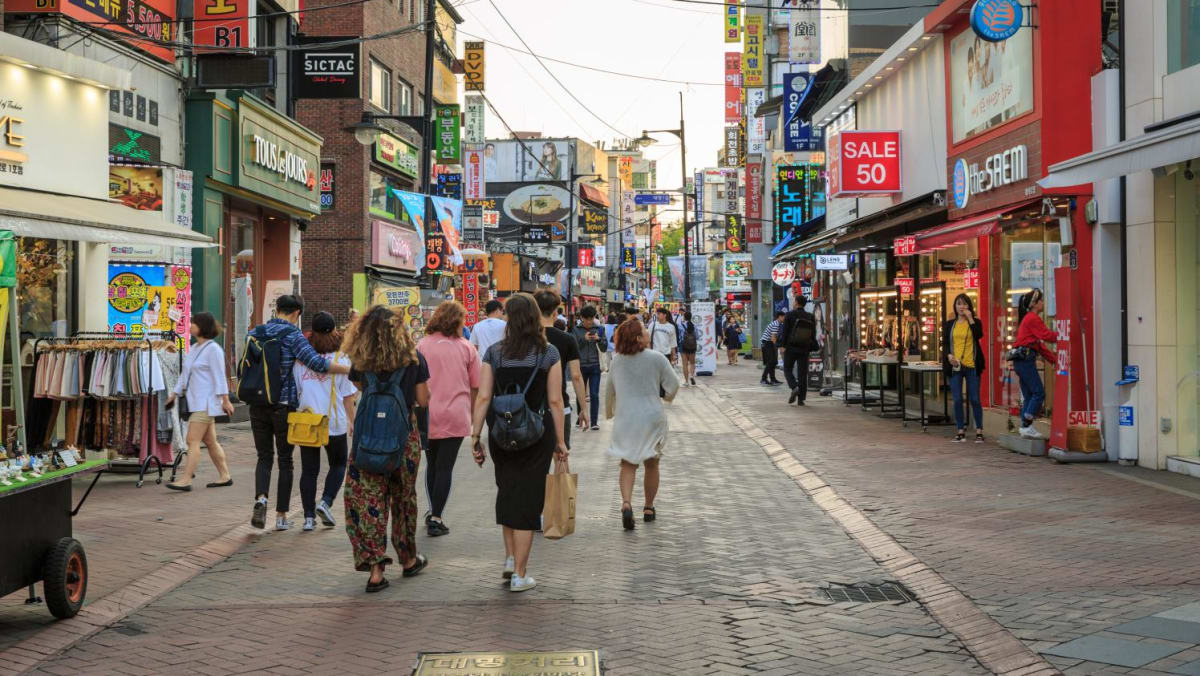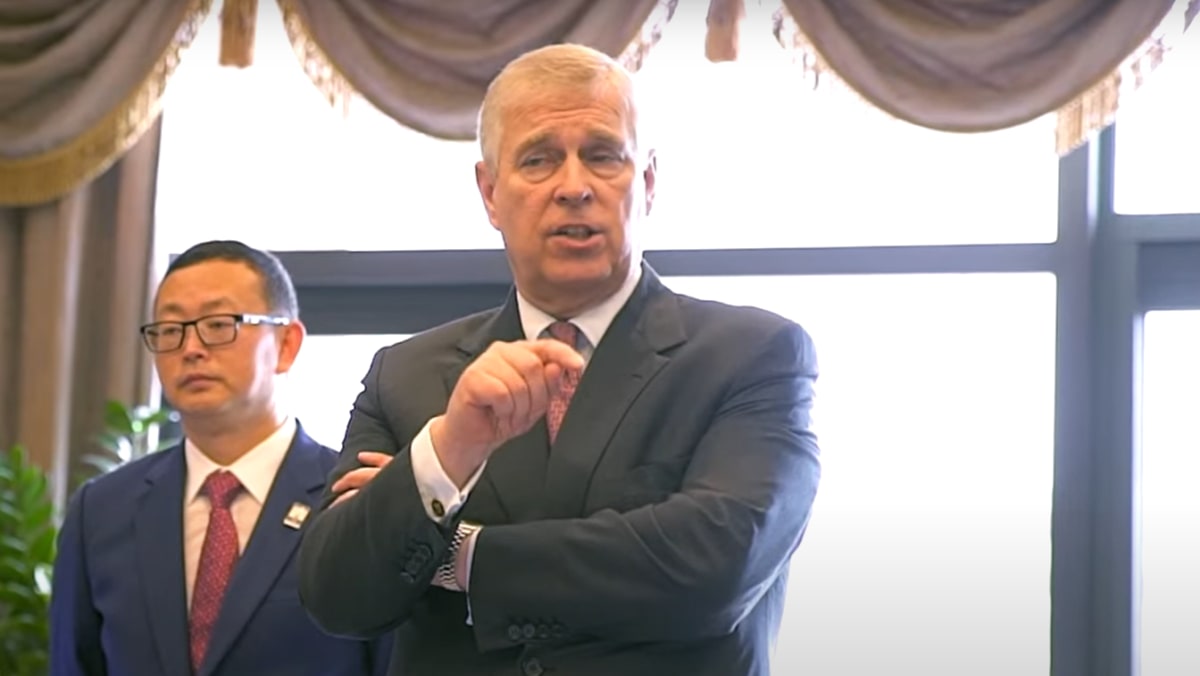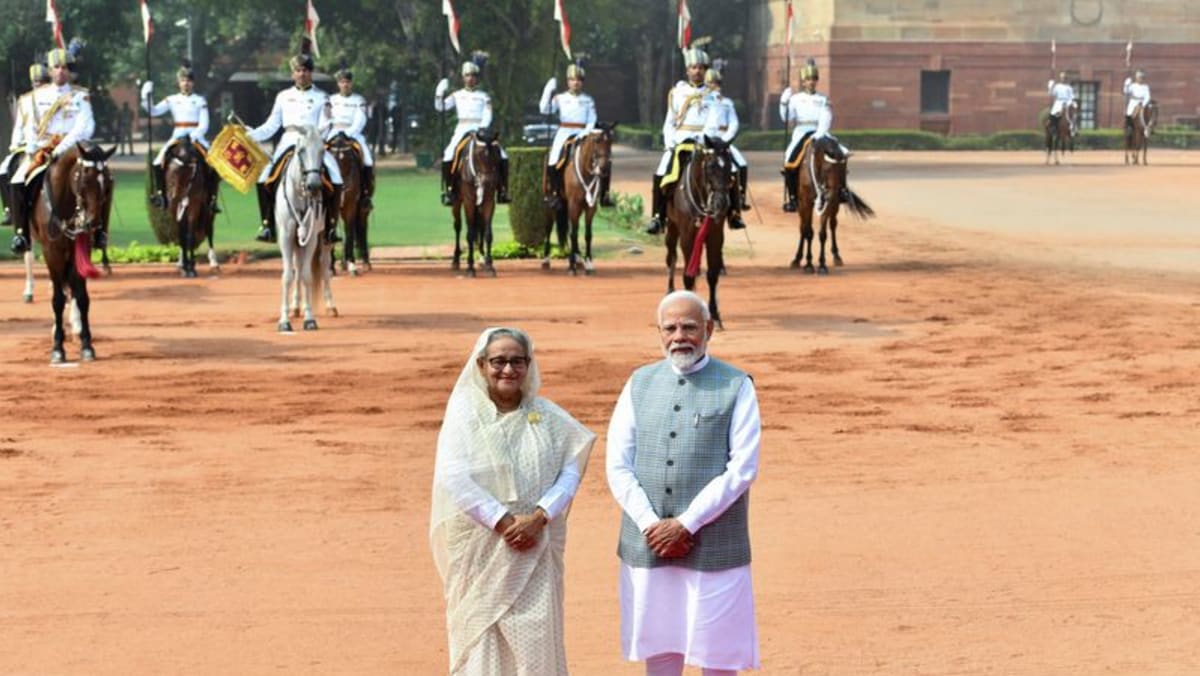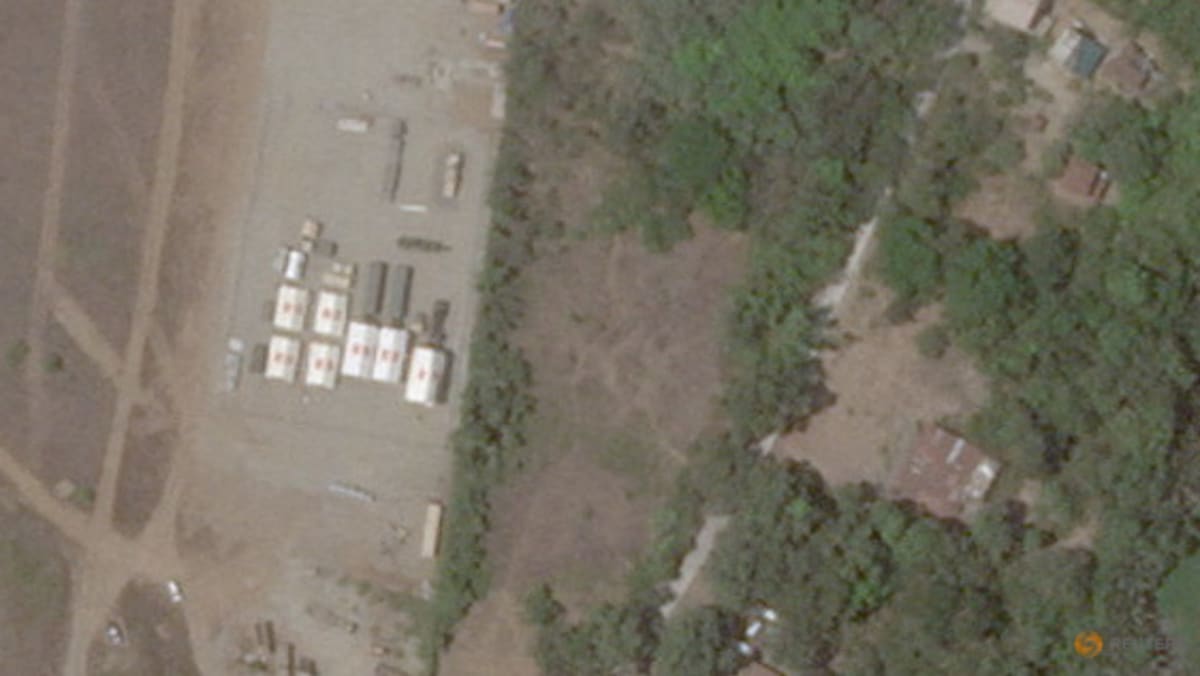US, China need to ‘show leadership’ to address global issues, crucial for both to continue dialogue: PM Lee
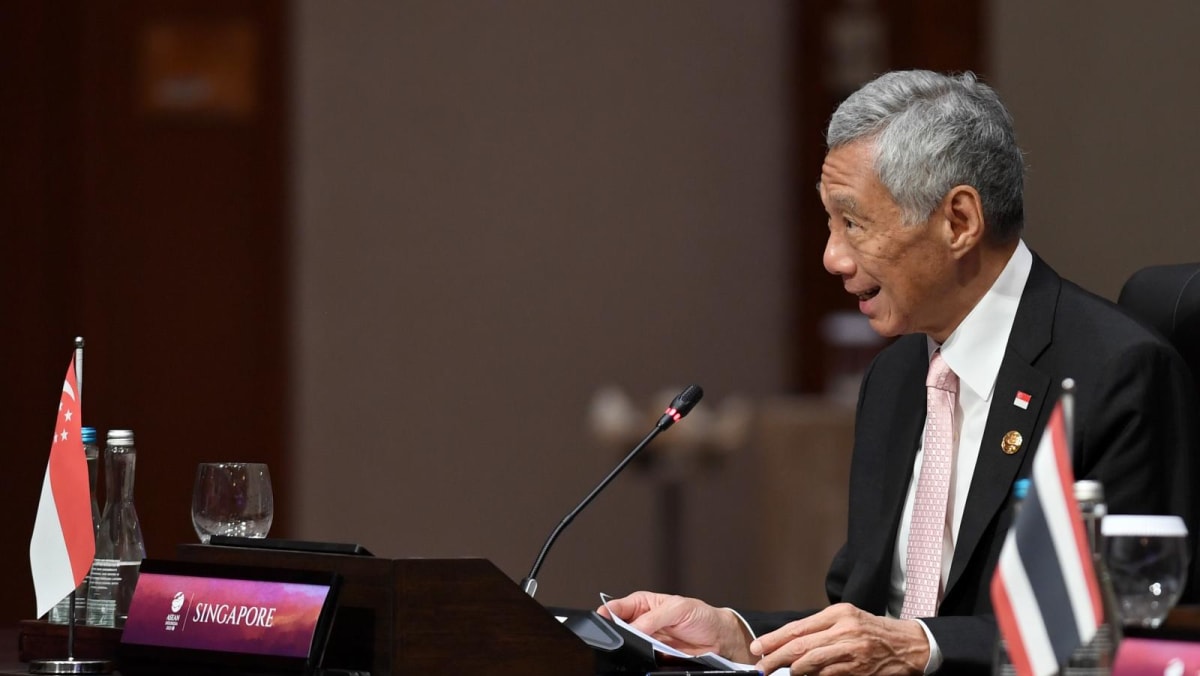
During the ASEAN-Japan Summit, Mr Lee said the bloc and Japan share similar concerns on regional peace and security, and called the Korean Peninsula a “potential flash point”.
In late August, Japan, South Korea and the US conducted drills in international waters off Jeju island, aimed at rehearsing procedures for detecting, tracking and sharing information about incoming North Korean missiles, South Korea’s navy said.
Mr Lee said he hopes that “long outstanding” matters, such as the abduction of Japanese citizens by North Korea, could be resolved “at long last”.
Japan says North Korea kidnapped at least 17 Japanese citizens during the 1970s and 1980s, apparently so these abductees could train spies in Japanese language and culture, or let their identities be used for espionage aimed mainly at South Korea.
Japan’s government has made the issue a political priority and demanded that North Korea immediately return all the remaining abductees, reported the Associated Press.
DIGITAL ECONOMY, CYBERSECURITY COOPERATION
Mr Lee also called on ASEAN to work more closely with South Korea and Japan in the digital economy and cybersecurity.
“These areas underpin our region’s post-pandemic recovery and will be key engines of growth,” he said during the summit with Mr Yoon.
Mr Lee said he looks forward to the finalisation of the ongoing ASEAN-Korea Digital Trade Research Study proposed by South Korea, which will help highlight possible areas for digital cooperation.
“The drive towards digitalisation should be accompanied by equally robust efforts to strengthen cybersecurity,” he said.
During the summit with Mr Kishida, Mr Lee called Japan an “active contributor” to ASEAN’s capacity building in cybersecurity.
For instance, the 2023 ASEAN-Japan Digital Work Plan charts out cooperation in digital economy, cybersecurity, smart cities, data flows, artificial intelligence and capacity building.
“ASEAN and Japan should continue working towards an open, inclusive and interoperable digital ecosystem,” Mr Lee added.
Source: CNA


